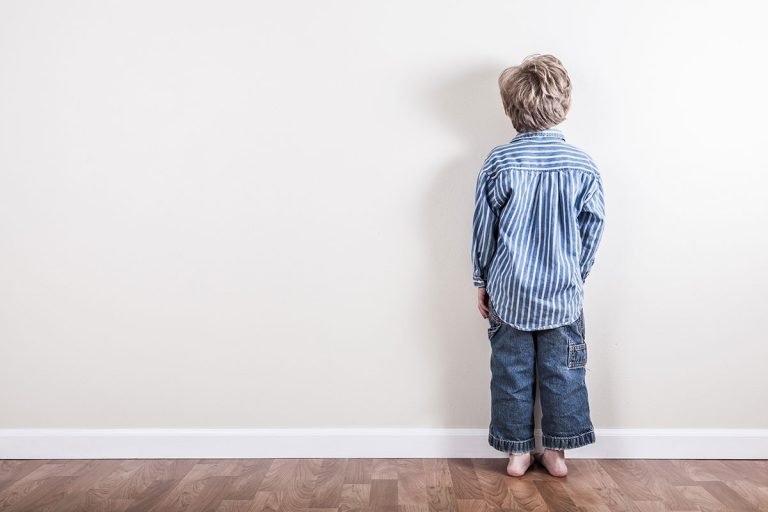People often associate discipline with punishment or control, but its true meaning goes much deeper. Discipline is about making choices that shape who you are as a person. It’s what helps you stay committed to your goals, handle setbacks, and remain steady when life gets tough.
Parents feel and see this firsthand! Teaching discipline in kids isn’t about strict rules or punishments. Discipline is building self-control and learning good habits.
And when kids learn to manage emotions, follow through on tasks, and make thoughtful choices, they gain something powerful: independence.
Doing What Matters Even When It’s Hard
Having a disciplined mind isn’t about being perfect. Discipline is about showing up and doing the right thing, even when you don’t feel like it. Equally important, it means sticking to your principles, regardless of the opinions of the majority.
Take weight training or exercise, for example. Skipping it is the easy choice, but discipline pushes you to follow through. The same goes for work, school, parenting, or any meaningful pursuit.
Remember, success doesn’t come from motivation alone. It demands good discipline, staying focused on your goals, and being consistent.
The Three Main Types of Discipline
Here’s how to break it down:
- Self-Discipline: Also known as self-control, it is your ability to control your emotions, actions, and habits. Learning how to build self-discipline keeps you focused despite the challenges and distractions.
- Parental Discipline: Rather than being about control and enforcing rigid rules, this form is rooted in guidance and respect. Children raised on sound principles rather than harsh methods are actually more well-behaved and grow into responsible adults who know how to act in various situations.
- Social Discipline: This refers to the way you follow rules and shared expectations in your community. Without social discipline, the world becomes a chaotic breeding ground of injustice and inequality.
Discipline Is Not Punishment
Discipline isn’t about making someone feel miserable for their mistake or shortcoming. When parents use “discipline” to conduct punishment, then they’re missing its deeper meaning and more constructive origin.
The word “discipline” comes from the Latin word “disiplina,” which means instruction, teaching, and other related words. So at its core, it means learning, knowledge, and development.
It acknowledges that mistakes are part of learning and reminds us of our responsibility to educate others, especially when it comes to our children.
Remember the adage: “To err is human, to forgive divine.” It’s human nature to blunder, often out of ignorance or simply lack of knowledge.
The hard truth is, there’s no such thing as harsh discipline, only punishment. Punishment is about enforcing consequences. Discipline, by contrast, focuses on growth and personal development.
It’s a Skill You Can Build
Many people may have a hard time maintaining discipline, but any person can strengthen this skill over time.
And like any other skill, you can hone discipline. The more you practice making intentional choices, handling negative emotions, and avoiding immediate pleasure, you become unfazed by quick wins and short-term gains.
In a way, it’s similar to how parents teach self-control to their kids—through guidance, practice, and repetition. Adults need the same process.
Consistently practicing discipline, even in small ways, gradually rewires your brain, turning once-difficult tasks into something far more manageable.
Discipline Is Having the Freedom to Take Control
While this might sound counterintuitive, discipline is what gives you the power to take charge of your life, instead of being ruled by bad habits, distractions, or sweet temptations.
People who develop self-discipline don’t wait until they’re in the mood, but rather, they take action because they’ve taught themselves to follow through no matter what. You know how to handle emotions , instead of letting them run your day.
And when your kids learn self-discipline early on, it positively influences every area of their lives from academics to relationships and beyond.

